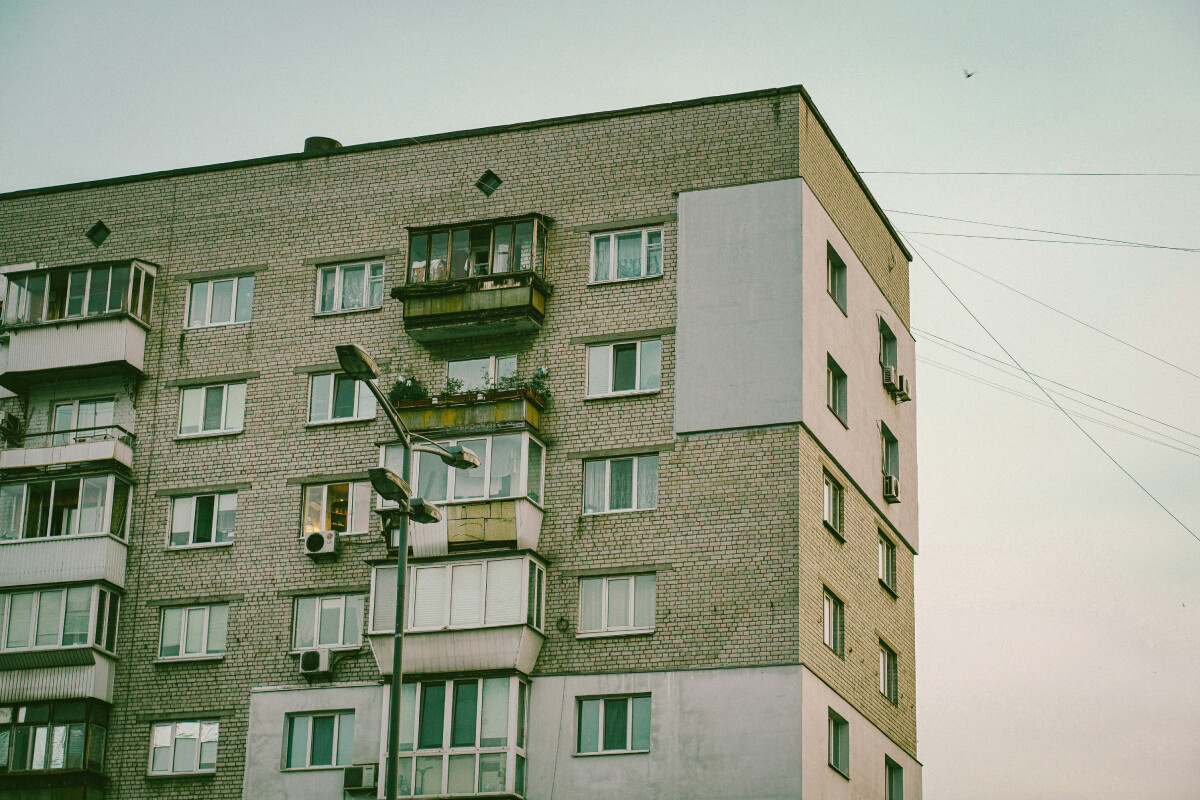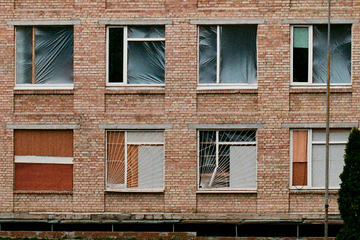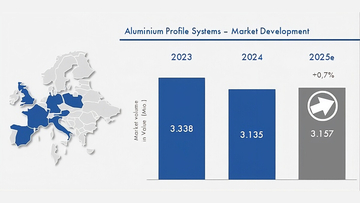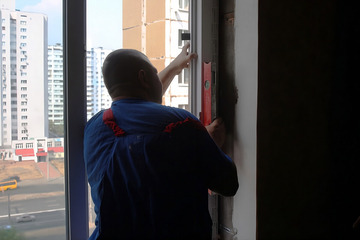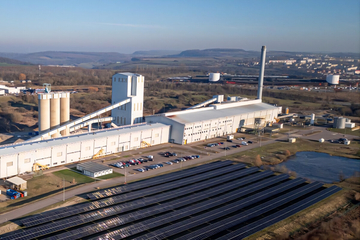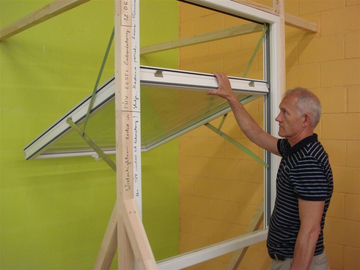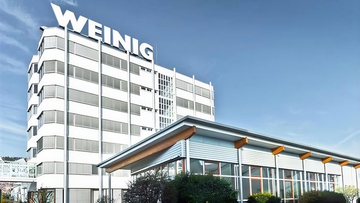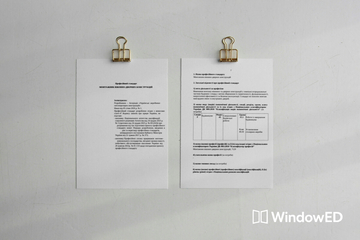The initiative aims to reduce energy consumption in the residential sector by at least 30%. This will help lower household heating costs and strengthen the country’s energy independence. The condition of most buildings in Ukraine demands change: over 80% of the housing stock lacks adequate insulation, and energy use is 2–3 times higher than in EU countries. The programme includes phased implementation — from installing individual heating units to comprehensive insulation using modern technologies.
Key areas of the programme include:
- increasing energy efficiency, especially in the multi-apartment sector;
- supporting housing co-operatives (OSBB), homeowners, and communities;
- stimulating the production of insulation materials;
- creating conditions to attract investment;
- training professionals in energy efficiency.
The government plans to thermally modernise over 51,000 private houses, 5,800 multi-apartment buildings, and 4,500 municipally owned facilities.
The programme also covers the restoration of residential and public buildings to meet NZEB (nearly zero-energy building) standards. In particular, reconstruction is planned for 941 private homes damaged by war, as well as 10 government buildings and 12 public municipal buildings.
Read more about the new standards in our report: Ukraine introduces NZEB requirements for buildings.
The programme includes state guarantees and interest rate compensation for loans issued to SMEs operating in the thermal modernisation sector.
It also provides direct support for manufacturers of energy-efficient equipment, including windows, allowing for production expansion on preferential terms.
The programme ensures Ukraine meets its commitments to the European, specifically achieving an annual improvement in energy efficiency covering at least 1% of the total area of residential and public buildings.
